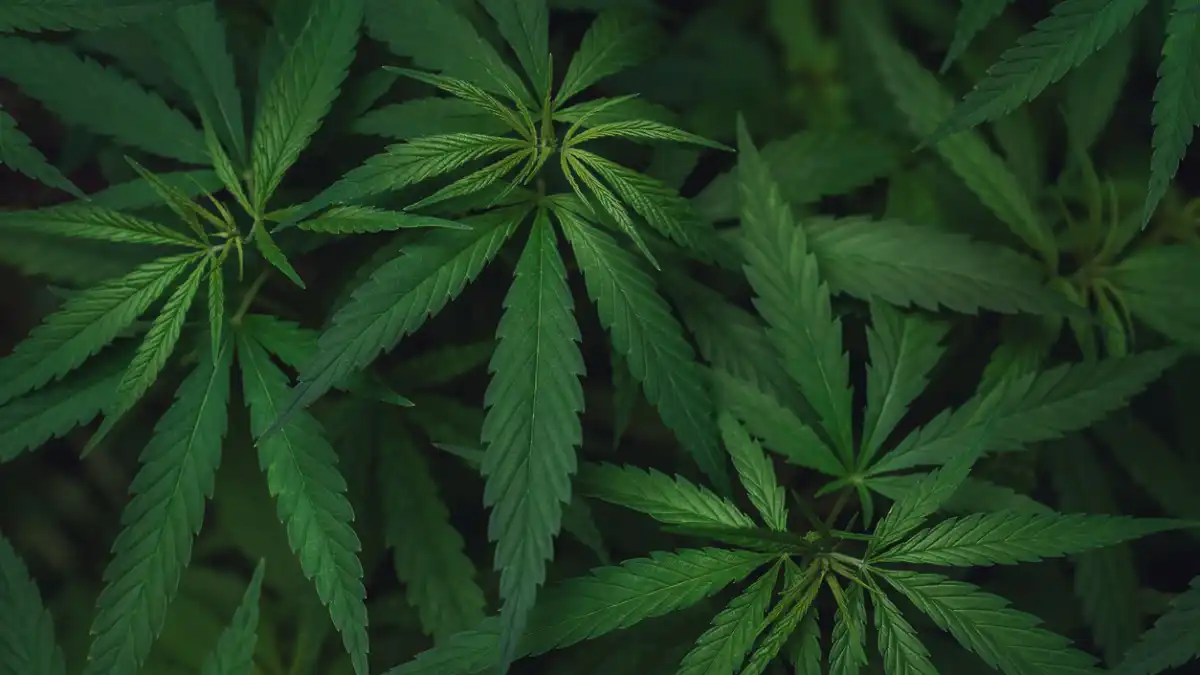Canada made history in 2018 by becoming the second country in the world to legalize cannabis for recreational use. With this new legislation, adults aged 18 or 19 and over (depending on the province) can legally buy, possess, and use cannabis. But what has changed since legalization, and what challenges remain?
The Current Legal Status of Weed in Canada
The Cannabis Act, which came into effect on October 17, 2018, created a legal framework for the production, distribution, sale, and possession of cannabis in Canada. The Act established rules for legal age, possession limits, and growing cannabis at home.
Under the Cannabis Act, individuals can legally possess up to 30 grams of dried cannabis (or equivalent) in public, share up to 30 grams with other adults, and grow up to four plants per household (subject to provincial or territorial restrictions). Licensed producers are responsible for growing and selling cannabis to the public through authorized retailers, either online or in physical stores.
The Effects of Legalization
Legalization of cannabis has had significant economic, public health, and social impacts in Canada.
The cannabis industry has created thousands of new jobs and generated billions of dollars in revenue for the government. At the same time, it has also raised concerns about the quality and safety of products, as well as the impact on public health, particularly for youth and vulnerable populations.
There is evidence to suggest that legalization has led to a decrease in cannabis-related crime rates. However, the black market remains a challenge, and organized crime continues to profit from illegal sales.
Legalization has also had significant implications for Indigenous communities, who have historically been disproportionately affected by cannabis prohibition. The new legislation provides opportunities for Indigenous entrepreneurs to participate in the legal cannabis industry and generate economic benefits for their communities.
Challenges and Controversies
Despite the positive impacts of legalization, there are also several challenges and controversies that remain.
One of the biggest concerns is public safety. Legalization has led to increased incidents of impaired driving, and there are concerns about the potency of certain cannabis products, such as edibles.
Employers also face challenges in implementing workplace policies related to cannabis use. While employers have the right to prohibit cannabis use during work hours, they cannot discriminate against employees who use cannabis for medical purposes.
There have also been legal challenges to the Cannabis Act, including a recent challenge to the constitutionality of the government’s cannabis licensing process.
Future of Cannabis Legalization in Canada
The future of cannabis legalization in Canada is still uncertain. Provincial and territorial governments have the authority to set their own regulations around the sale and distribution of cannabis, and there is ongoing debate about how to address issues related to public health and safety.
There are also potential changes to the Cannabis Act on the horizon. For example, there have been discussions about potentially lowering the legal age for cannabis use from 18 to 16 or 17.
Internationally, Canada’s decision to legalize cannabis has sparked interest and debate around the world. Some countries have followed Canada’s lead and legalized cannabis for recreational use, while others have taken steps to decriminalize cannabis or allow it for medical purposes.
Conclusion
In conclusion, the legalization of cannabis in Canada has had a significant impact on the country, both positive and negative. While it has created economic opportunities and reduced crime rates, it has also raised concerns about public health and safety, and challenges remain around issues such as workplace policies and the black market. As the country continues to navigate this new legal landscape, it will be important to consider the potential benefits and risks of cannabis use and to address any issues that arise.
